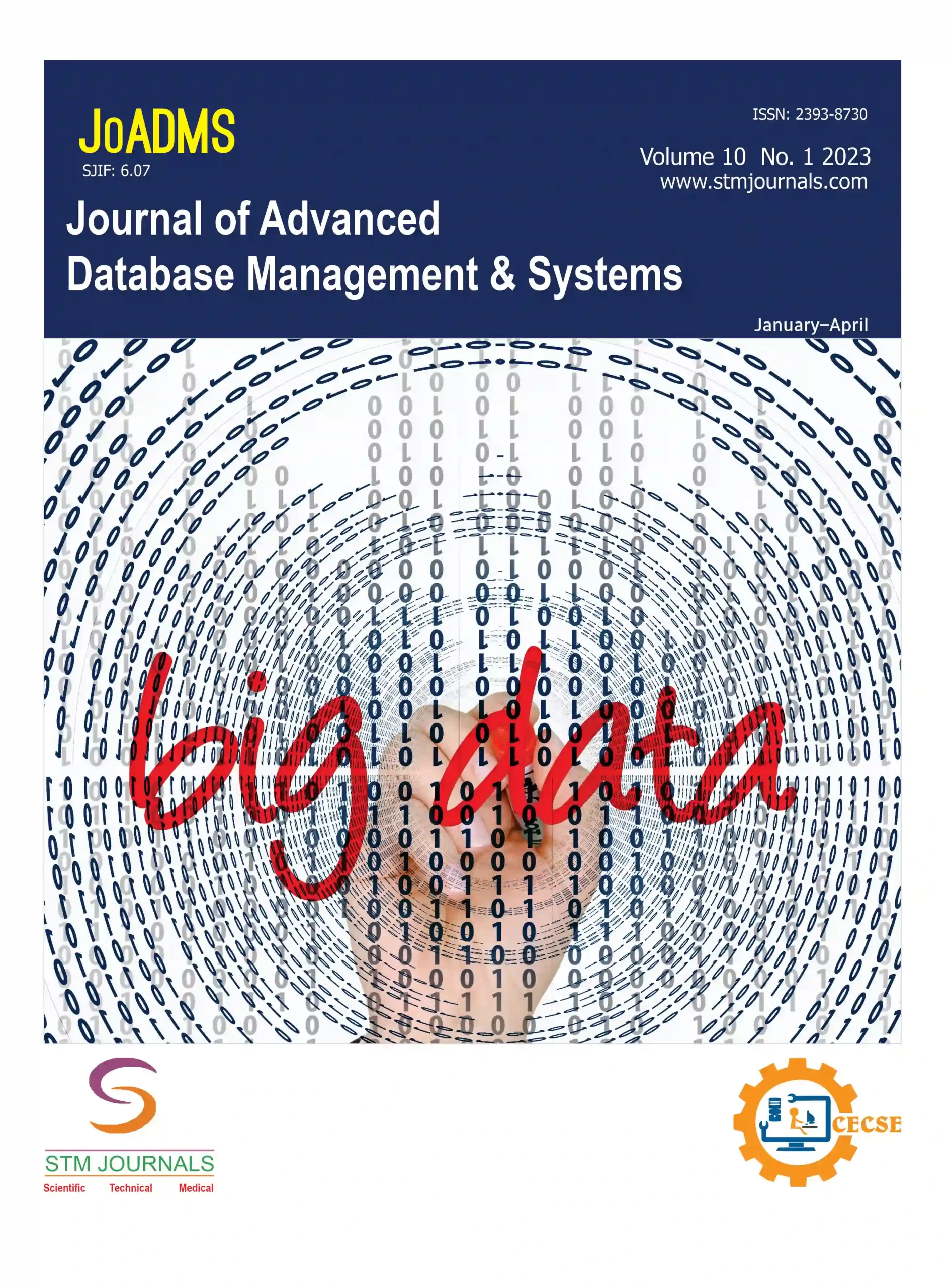
Om Santosh Dhumal,

Tanmay Navanath Bhor,
- Research Scholar MCA, Thakur Institute of Management Studies, Career Development & Research (TIMSCDR), Mumbai Maharashtra India
- Research Scholar MCA, Thakur Institute of Management Studies, Career Development & Research (TIMSCDR), Mumbai Maharashtra India
Abstract
In this study, we explore the significance of Big Data Analytics (BDA) in enhancing decision-making processes within Business Intelligence (BI) frameworks. It involves processing vast volumes of data from various sources, enabling businesses to identify patterns, trends, and correlations that were previously unnoticed. This analytical power enhances strategic planning, customer understanding, operational efficiency, and competitive advantage. Through advanced algorithms and machine learning techniques, businesses can predict future trends, optimize operations, and personalize customer experiences. Furthermore, Big Data Analytics fosters a culture of data-driven decision-making, ensuring that strategies are aligned with actual market dynamics and consumer behavior, thereby significantly increasing organizational agility and innovation. We investigate the role of BDA in transforming raw data into actionable insights, contributing to more informed and effective decision-making in the business realm.
Keywords: Big data analytics, business intelligence, decision-making, data transformation, information processing, technology integration
[This article belongs to Journal of Advanced Database Management & Systems(joadms)]
References
- Chen H, Chiang RH, Storey VC. Business intelligence and analytics: From big data to big impact. MIS Q. 2012; 36(4): 1165–1188.
- Davenport TH, Harris J. Competing on analytics: The new science of winning. Boston: Harvard Business School Press; 2007.
- Manyika J, Chui M, Brown B, Bughin J, Dobbs R, Roxburgh C, Byers AH. Big data: The next frontier for innovation, competition, and productivity. McKinsey Global Institute; Illinois, United States: 2011.
- McAfee A, Brynjolfsson E. Big data: The management revolution. Harv Bus Rev. 2012; 90(10): 60–68.
- Dumbill E. Making sense of big data. Big Data. 2012; 1(1): 1–2.
- LaValle S, Hopkins MS, Lesser E, Shockley R, Kruschwitz N. Big data, analytics and the path from insights to value. MIT Sloan Manag Rev. 2011; 52(2): 21–32.
- Kimball R, Ross M. The data warehouse toolkit: The complete guide to dimensional modeling. Wiley; New Jersey, United States: 2002.
- Inmon WH. Building the data warehouse. Wiley; New Jersey, United States: 2005.
- Marz N, Warren J. Big data: Principles and best practices of scalable Realtime data systems. USA: Manning Publications; 2015.
- Zikopoulos P, Eaton C, deRoos D, Deutsch T, Lapis G. Understanding big data: Analytics for enterprise class Hadoop and streaming data. New York, United States; McGraw-Hill Osborne Media; 2011.
- Davenport TH, Patil DJ. Data scientist: The sexiest job of the 21st century. Harv Bus Rev. 2012; 90(10): 70–76.

Journal of Advanced Database Management & Systems
| Volume | 11 |
| Issue | 01 |
| Received | February 29, 2024 |
| Accepted | March 21, 2024 |
| Published | April 3, 2024 |

